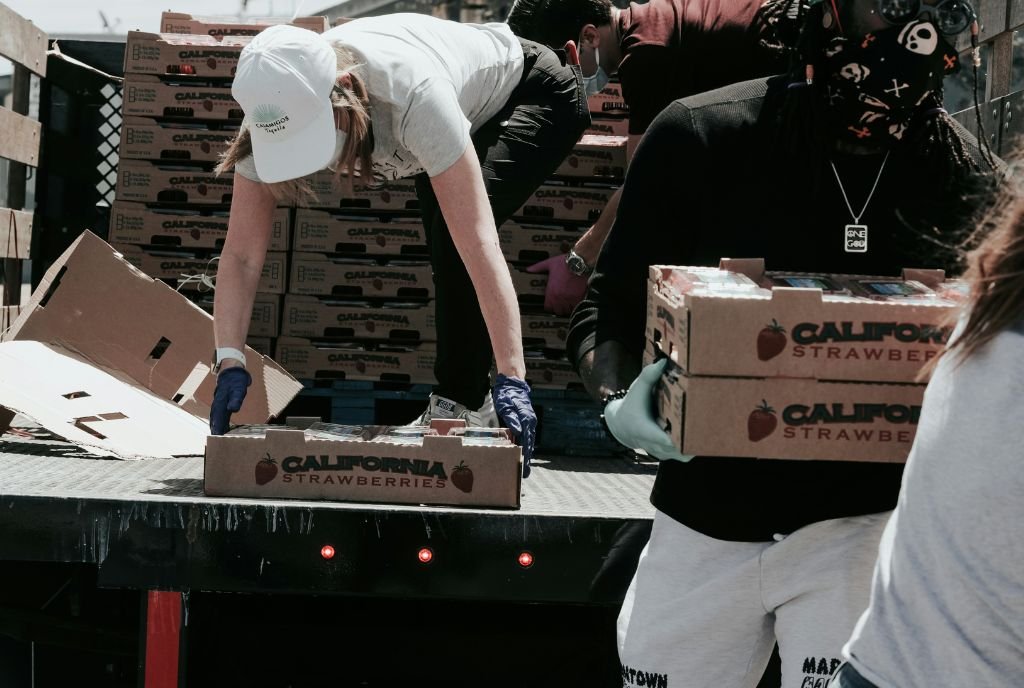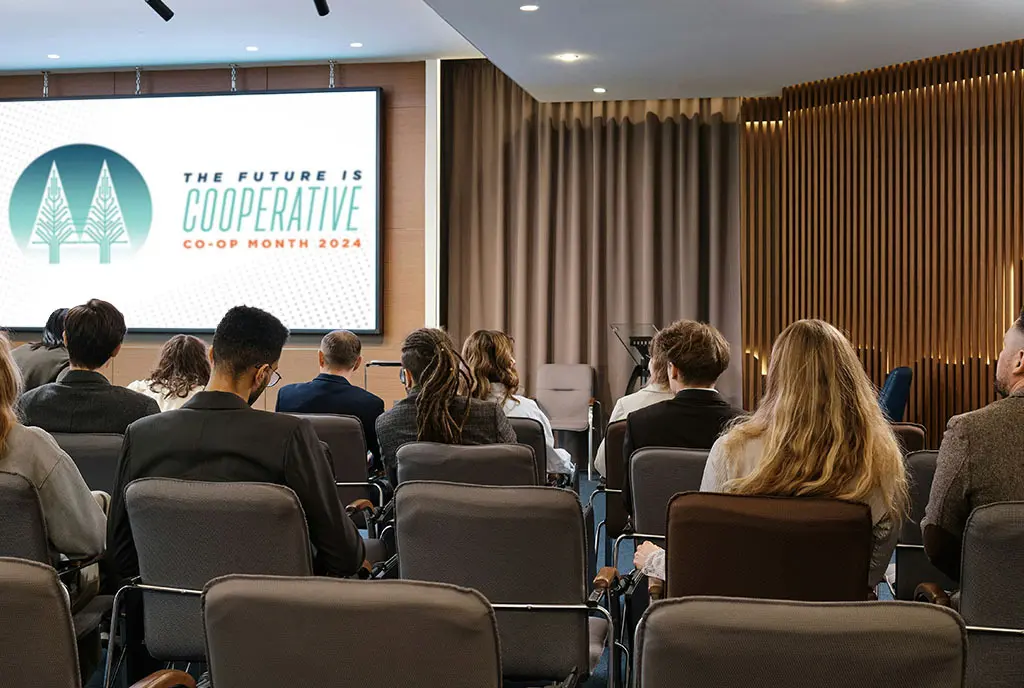
January 23, 2019; Washington Informer
The death of Freddie Gray in 2015 led to considerable changes in Baltimore’s nonprofit sector. Readers might recall NPQ’s report on the creation of the Baltimore Children & Youth Fund (BCYF) last fall. The initiative focuses on youth-led initiatives selected by the community, rather than a top-down approach to philanthropic priorities. It also provides an opportunity for grassroots groups to gain critical funding typically reserved for traditional nonprofits. Now, a new organization called CLLCTIVLY has hit the scene with the mission “to end the fragmentation and duplication of programs, to learn from and about each other, and to be a resource for the Greater Baltimore community that seeks to find, fund and partner with Black social change organizations.”
Like BCYF, CLLCTIVLY is a byproduct of the Baltimore uprising. Three days after the death of Freddie Gray, community members came together and formed Baltimore United for Change, a social justice coalition. The group created the blueprint for CLLCTIVLY’s skills bank, which pairs skills-based volunteers with grassroots organizations to increase their capacity to meet the growing challenges of their community. In addition to the skills bank, CLLCTIVLY also manages an online asset map/directory that matches individual volunteers and organizations seeking to collaborate for greater impact. Potential volunteers can select an issue from twelve categories (e.g., food sovereignty and agriculture), filter by proximity and neighborhood served, and apply to volunteer with organizations matching their interests.
In early January, CLLCTIVLY unveiled its latest initiative, the Black Futures Micro-Grant Program. Each month the organization will award $1,000 to a local Black-led organization. Founder Jayme Wooten hopes that the grant shines a spotlight on small community organizations that often don’t receive the same level of funding from traditional sources, despite doing innovative work. In an interview with the Washington Informer, Wooten states, “The grant process can be intimidating for many, so I set out to create an easy, no-strings-attached process to show gratitude to the organizations and individuals serving our community.”
Sign up for our free newsletters
Subscribe to NPQ's newsletters to have our top stories delivered directly to your inbox.
By signing up, you agree to our privacy policy and terms of use, and to receive messages from NPQ and our partners.
The program follows in the vein of other microgrant programs NPQ has covered such as Detroit Soup and the Greater Tacoma Community Foundation’s Spark Grants program by providing financial resources for community-led solutions. Funding will be provided by the Just Economy Solidarity Fund, a crowdfunded project which aims to “embody a vision in progress for radical change in decolonizing and decentralizing philanthropic practice; coordinating tactics for disrupting the status quo in our work; and mobilizing towards a radically equitable and liberatory way of resourcing social movements.”
To qualify for the grant, an organization must create a profile on the website, upload a video detailing its mission, and discuss how its mission aligns with one of the ideals of the Nguzo Saba: Umoja (Unity), Kujichagulia (Self-Determination), Ujima (Collective Work and Responsibility), Ujamaa (Cooperative Economics), Nia (Purpose), Kuumba (Creativity), and Imani (Faith). The contest has served as a strategy to augment the online asset map/directory, with roughly 260 organizations having created profiles.
With the launch of the Black Futures Micro-Grant Program, the organization is embarking on the third phase of a six-phase strategy, which includes the following:
- Asset Map/Directory: Online directory of Black-led organizations organized by neighborhood and cause
- Amplify: Multimedia storytelling project that showcases community organizations and leaders
- Skills Bank: Online database of skilled-based volunteers within the community
- Strategic Partnerships/Marketplace: Partnerships with local businesses that align with organizational values
- Social Impact Initiatives: Capacity-building services such as leadership training and tech assistance
- Fund for Black Futures: Financial investment in community-based organizations and leaders (e.g., Black Futures Micro-Grant)
Similar to SHARE Omaha, CLLCTIVLY serves as another example of a platform being used as shared commons. In this case, the organization is tackling a historical pattern of underinvestment in Black-led organizations by committing to an asset-based community development approach to build stronger networks, shared systems, and capacity-building resources.—Chelsea Dennis













